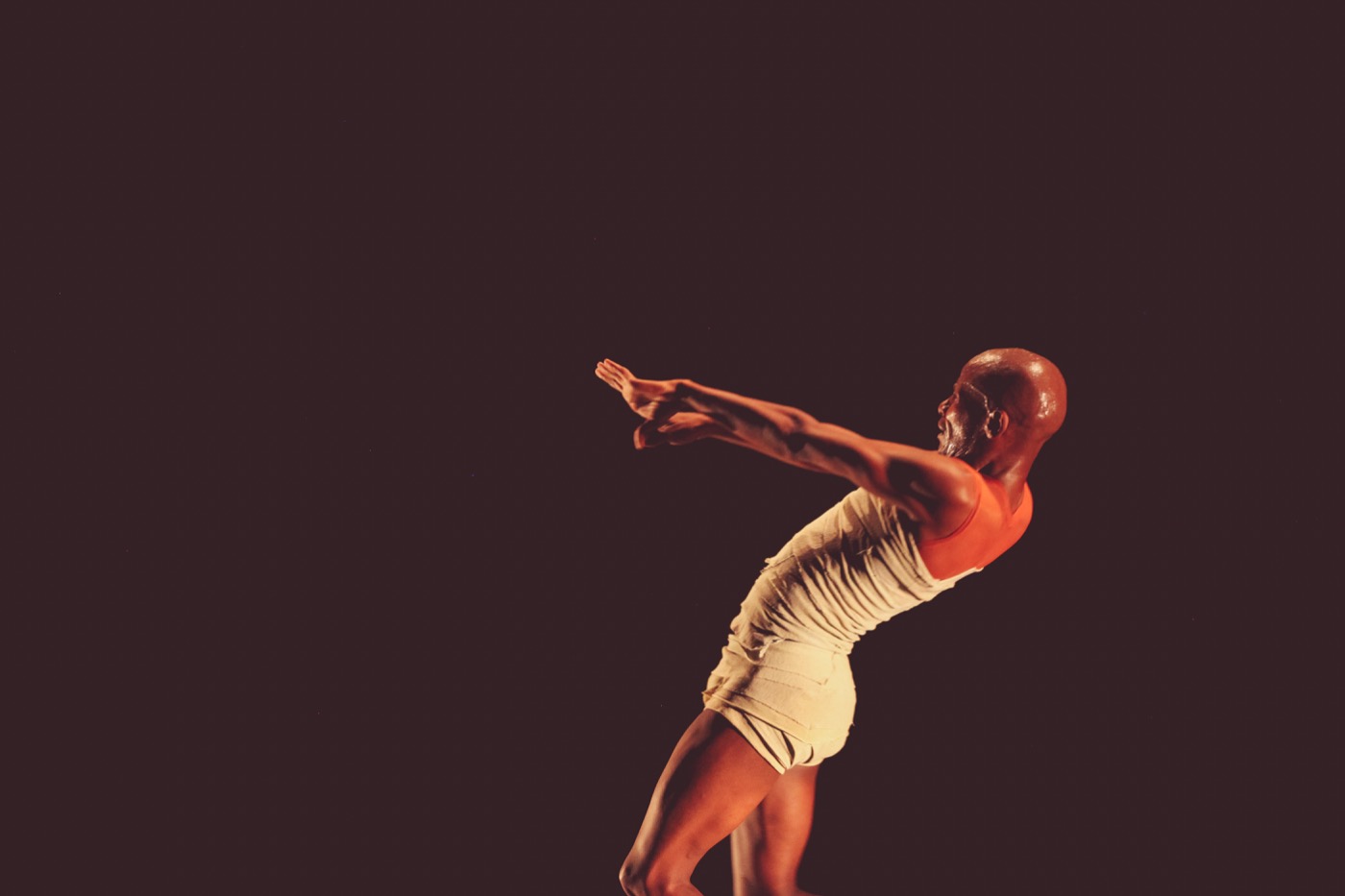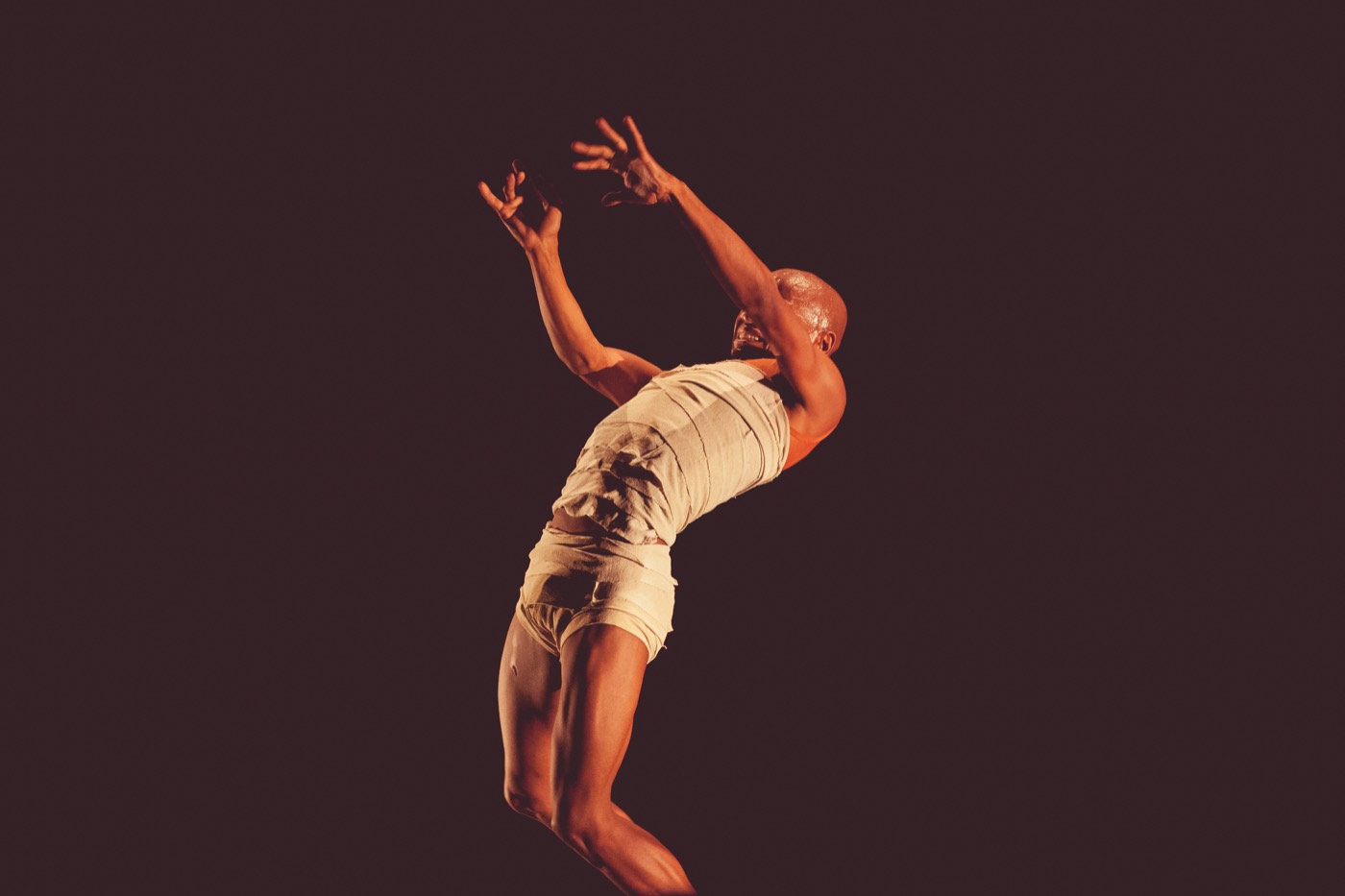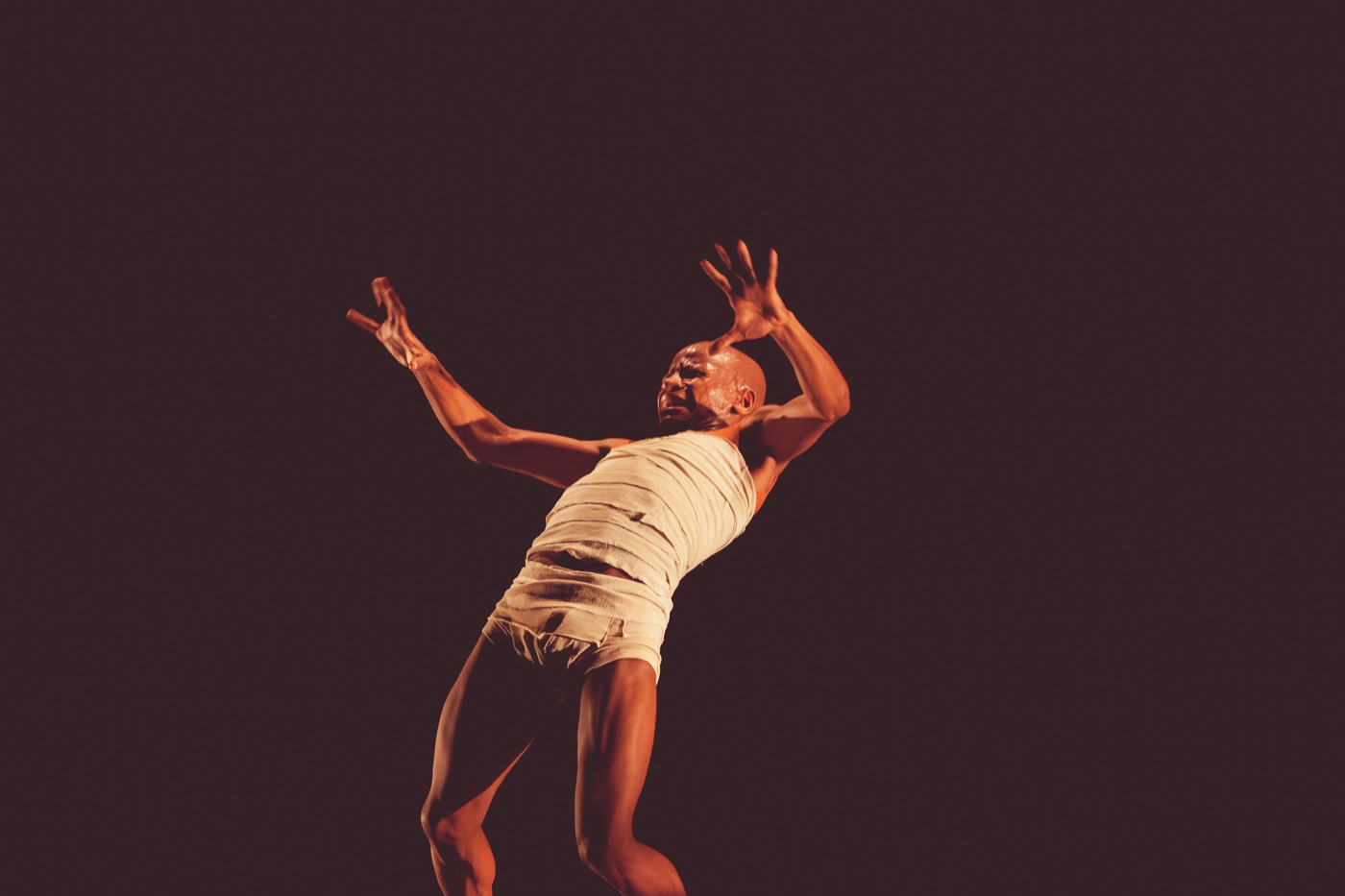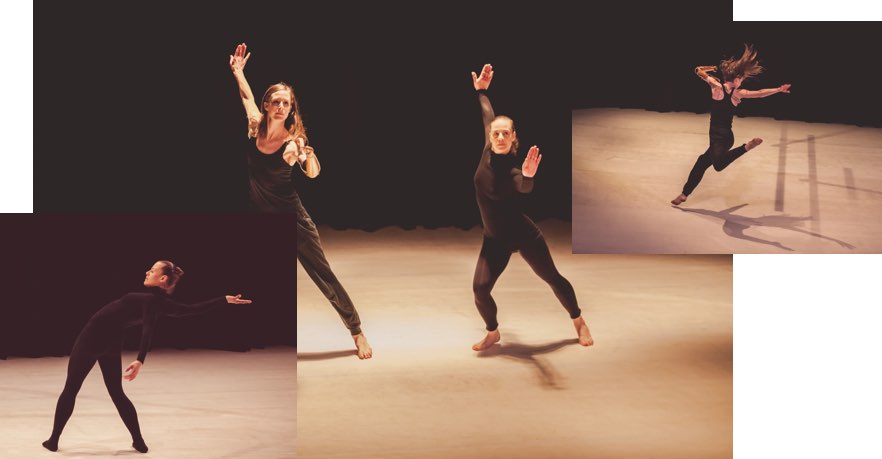About
To pick up and run with a magazine that has had another life is never easy. There are those conflicting desires to find close continuity and to just scrap it all and start anew. Ligament 2016-17 reemerges from a half-way point. We want to build on the investigations and insights of the magazine’s past contributors and also find ways to say what they perhaps had wanted to say but could not, or forgot to, in that moment.
Ligament was founded to facilitate the articulation of an evolving language that encompasses the impulses of contemporary dance. The idea of “contemporary” is inherently bound to time, to a sense of history, rather multiple histories unfolding. In its 2016-17 iteration, we hope that Ligament can grapple with the idea of how dance might hold a place in-step with the patterns of active and forming histories, rather than remaining a canonised and pondered response to a bygone world. We’d like to embrace the immediacy of “contemporary”, and invite contributions from dancers, choreographers, arts practitioners, scholars, audience members, readers. In this way, we hope to reach for the intimacies, resistances, and fragilities that permeate the developing field of South Asian contemporary dance.
Articulating a medium as visceral, visual, and ephemeral as dance requires making connections to methods of thought and critique that lie outside evaluative language. So for Ligament 2016-17 we welcome, of course, the critical essay, but also audio, photographs, ekphrastic poems, interviews, and hybrid media of various kinds that might speak to us about dance, carefully and proximately. Like the anatomical connective tissue for which it is named, Ligament, we hope, can help us locate dance in tandem with the many bodies that produce and encapsulate it.
To those who find themselves here for the first time, welcome. And those whom we have met before, we are glad you are back.
—Poorna Swami, Editor
Get in touch with us at ligament@attakkalari.org




















